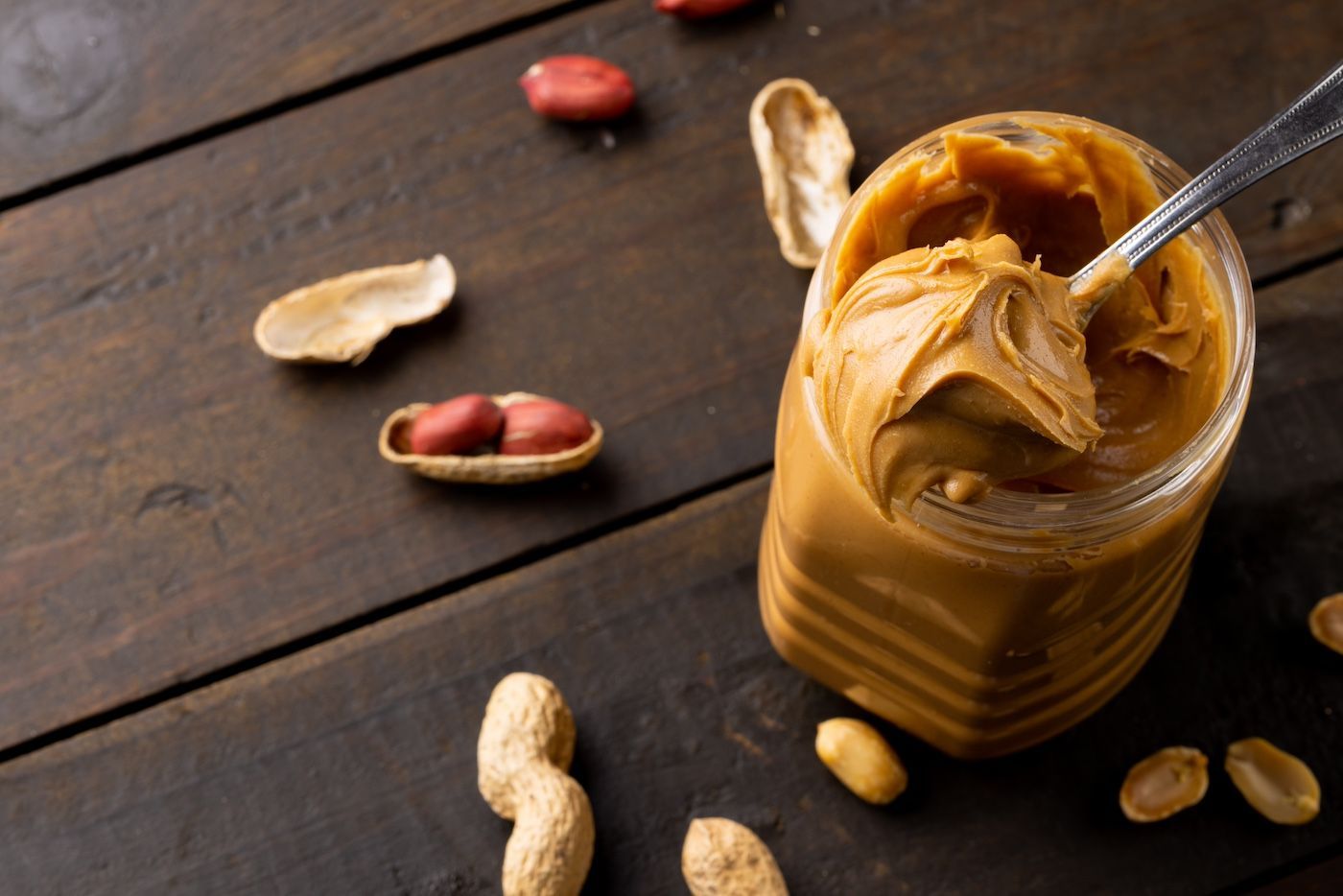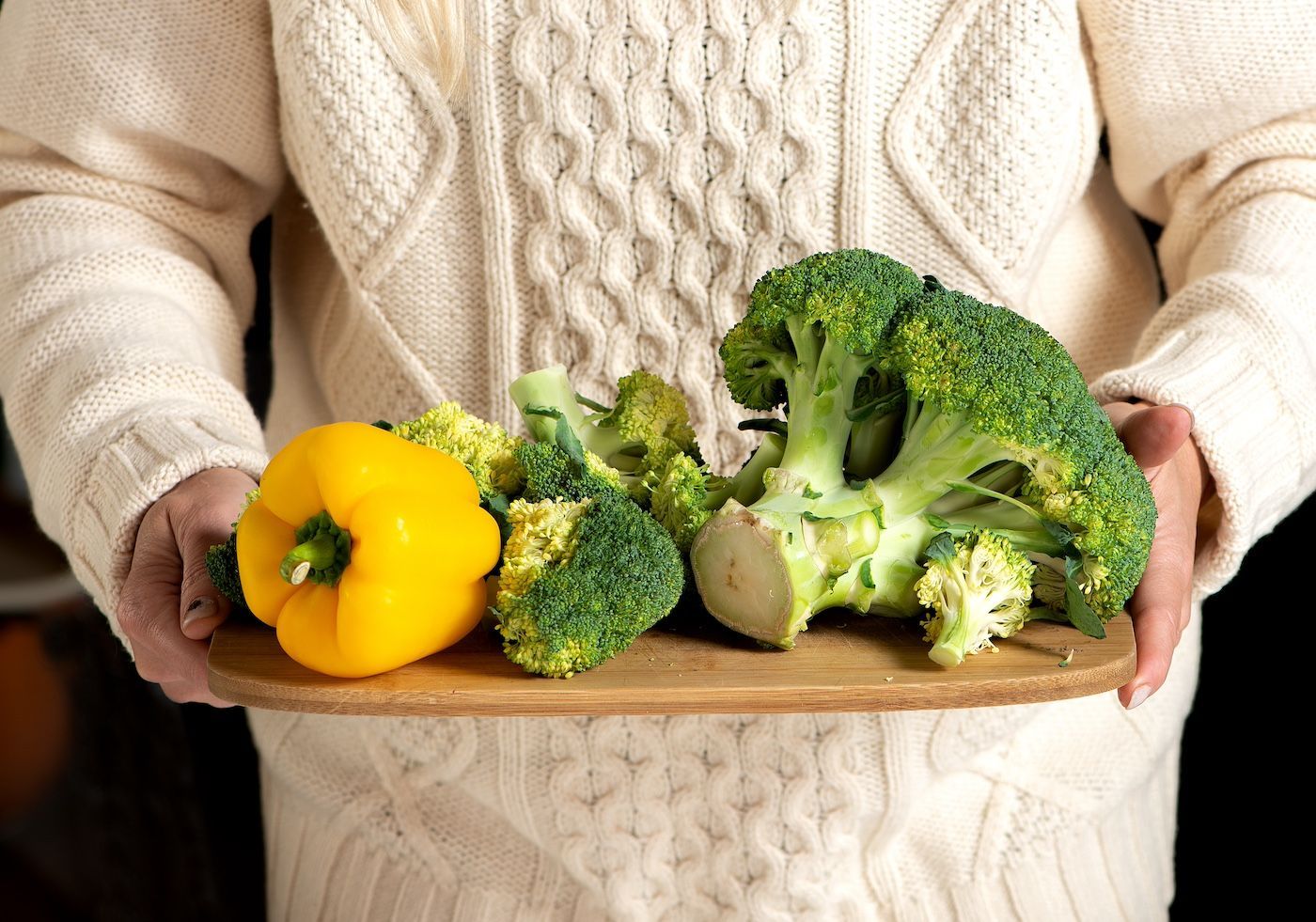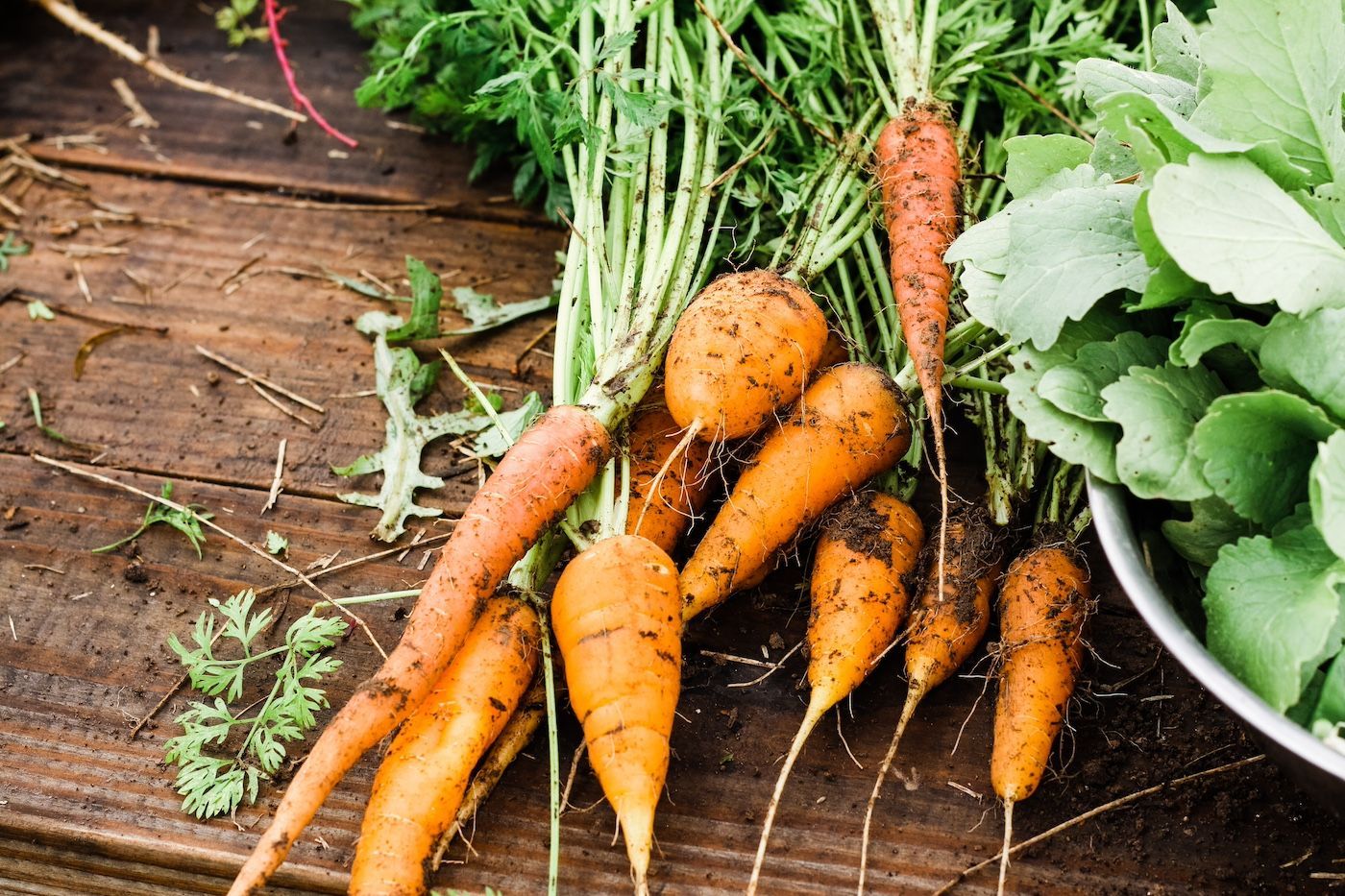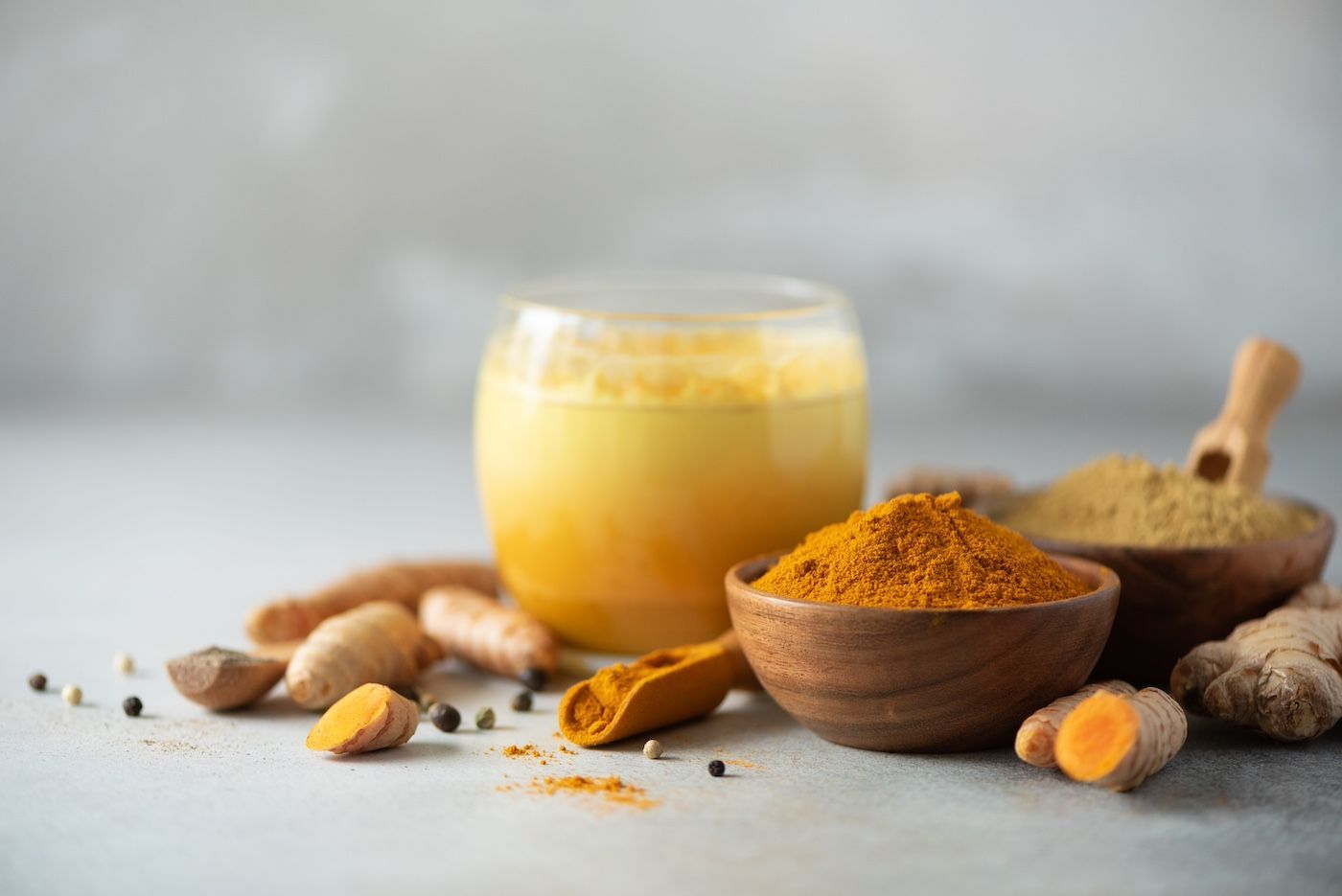Chews Your Health
Vitamin E

What is Vitamin E?
Vitamin E is a fat soluble vitamin which means it stays in your body longer than water soluble vitamins (like vitamin C) and most of it is stored in the liver. The only form of vitamin E that is useful for humans is alpha-tocopherol.
What does vitamin E do?
Vitamin E is an antioxidant that aids in prevention of oxidation (damage) to cells, tissues, and organs, which can help in the prevention of cancer. It aids in cellular signalling, gene expression, and metabolism. Vitamin E helps to prevent platelets in the blood from clotting, and therefore can prevent coronary heart disease. Excessive amounts of vitamin E can cause hemorrhaging. Doctors may advise against supplemental vitamin E for those who are taking anticoagulants or blood thinners such as: warfarin, xeralto, simvastatin and niacin, or are undergoing chemo or radiation therapies.
Vitamin E deficiency is generally rare in the United States. Those who have absorption issues in their digestive tract (ie Crohn’s Disease or Cystic Fibrosis) may have symptoms that include:
damaged nervous system
ataxia (loss of control of bodily movement)
skeletal myopathy
retinopathy
impaired immune system
Supplemental vitamin E may be necessary for these individuals.
What are the best sources for vitamin E?
Vitamin E supplements are available for those with issues with food availability or absorption, however, the best way for your body to use vitamin E is through whole foods!
Avocados
Seed and nut oils
Almonds
Peanut and Almond butter
Sunflower seeds
Spinach, better absorbed when wilted
Broccoli
Kiwi








